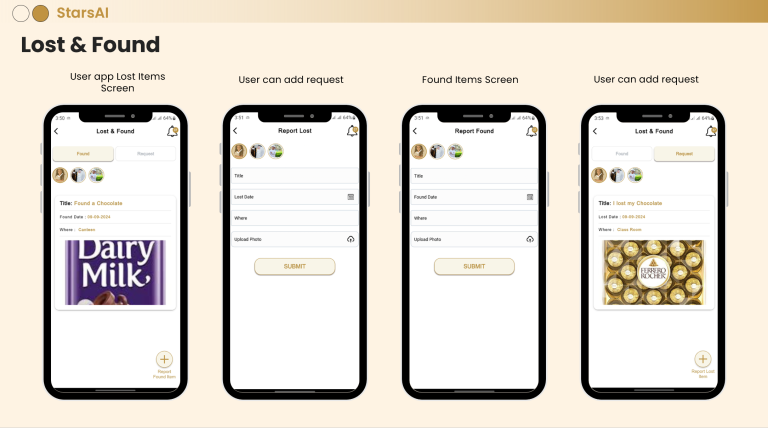Training employees is more than just a checkbox in today’s fast-paced business environment; it is a strategic imperative. As the workplace evolves and competition intensifies, the need for a well-trained and adaptable workforce is more critical than ever. Traditional training methods have their limitations, but there’s a solution that can revolutionize employee training: Employee Learning Management Systems (LMS). In this post, we’ll delve into what employee training entails, explore the concept of Employee LMS, and understand how this powerful tool is reshaping the future of training and development in the corporate world.
The Essence of Employee Training

At its core, employee training is about equipping your workforce with the skills, knowledge, and tools they need to excel in their roles. It’s a multifaceted process that encompasses several key components:
Onboarding Training
Onboarding training is the first step in a new employee’s journey within an organization. It’s about introducing them to the company’s culture, policies, and procedures. Effective onboarding sets the stage for a successful and harmonious relationship between the employee and the company.
Skills Development
As employees settle into their roles, they need continuous skills development. This involves ongoing training to enhance job-specific skills. Whether it’s improving technical proficiency, sales acumen, or communication skills, skills development is a critical aspect of employee training.
Leadership and Management Training
In the corporate world, growth often means taking on leadership and management roles. Effective leadership and management training equip employees to assume these responsibilities with confidence. It focuses on skills like decision-making, conflict resolution, and team management.
Compliance and Safety Training
In highly regulated industries, compliance training is paramount. It ensures that employees are aware of and adhere to legal and safety requirements. This type of training is not only mandatory but also crucial for employee safety and the organization’s reputation.
Soft Skills Training
Soft skills, such as communication, problem-solving, and teamwork, have become indispensable in today’s workplace. Training in these skills is about enhancing an employee’s effectiveness in any role.
The Limitations of Traditional Training Methods
Traditional employee training methods, while tried and tested, come with their fair share of limitations:
- Traditional training often follows a one-size-fits-all approach, neglecting the fact that each employee has unique learning preferences, paces, and needs. What works for one may not work for another.
- In-person training sessions, travel expenses, and printed materials can significantly drive up training costs. This traditional approach can strain a company’s budget.
- Traditional training methods can be geographically limited. They often require employees to be physically present, making it challenging for remote or widely dispersed teams to participate.
- Traditional training often lacks tracking and reporting mechanisms. This makes it challenging to gauge the effectiveness of training programs and measure the ROI.
- Scheduling in-person training can be time-consuming and disruptive to daily operations. Employees are taken away from their work for extended periods, impacting productivity.
Employee Learning Management System (LMS): A Paradigm Shift
The Employee Learning Management System (LMS) is a game-changer in the realm of employee training. It represents a paradigm shift in how organizations approach training and development. But what exactly is an Employee LMS?
Defining Employee LMS
An Employee Learning Management System is a software platform designed to facilitate the administration, delivery, and management of employee training. It’s a centralized hub where organizations can create, organize, and deliver courses, while employees can access learning materials, collaborate with peers, and submit assignments, all through a digital interface.
Now, let’s explore how Employee LMS is reshaping the future of employee training:
- Employee LMS platforms offer a personalized learning experience. Each employee can follow a training path that aligns with their specific needs and objectives.
- An employee learning management system eliminates the need for costly in-person training sessions and printed materials.
- LMS platforms for employees are accessible from anywhere with an internet connection. This makes training accessible to remote or geographically dispersed teams, ensuring that all employees receive the training they need.
- Employee LMS platforms offer robust tracking and reporting capabilities. They allow organizations to monitor employee progress, completion rates, and performance. This data enables organizations to evaluate the effectiveness of training programs and make data-driven decisions.
- LMS platforms are available 24/7, allowing employees to engage in training at their convenience.
The Benefits of Employee LMS
The adoption of Employee LMS brings a plethora of benefits to organizations. Some of the key benefits of learning management system to the employee include:
- Enhanced Learning Experience
- Scalability
- Improved Knowledge Retention
- Reduced Training Costs
- Tracking and Reporting
- Consistency
- Compliance and Certification Management
- Flexibility and Accessibility
- Streamlined Onboarding
- Better Employee Performance
Conclusion
The incorporation of an Employee Learning Management System (LMS) signifies a profound transformation in the approach organizations take towards employee training and development. Employee LMS platforms, coupled with the services of Stars AI, provide a personalized learning experience, delivering cost-efficiency, accessibility, accountability, and time efficiency. These platforms, enriched by Stars AI, not only elevate the overall learning experience but also enhance knowledge retention while significantly reducing training costs.



